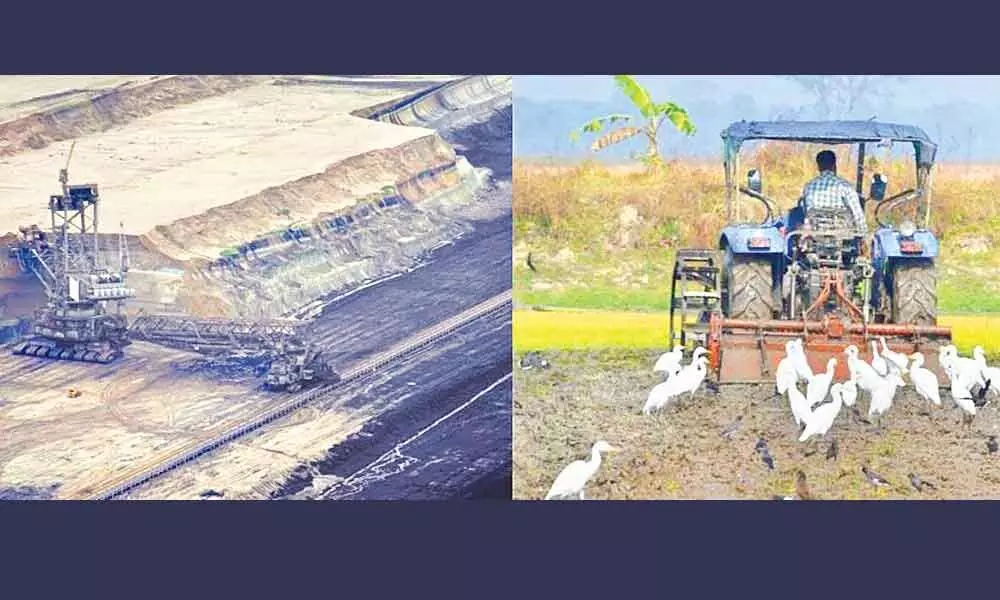India least ready for automation

India least ready for automation
India joins Bangladesh and Pakistan among the countries most vulnerable and least prepared for automation in the Asia-Pacific region with construction, agriculture and mining sectors being the most at-risk, a new report showed
India joins Bangladesh and Pakistan among the countries most vulnerable and least prepared for automation in the Asia-Pacific region with construction, agriculture and mining sectors being the most at-risk, a new report showed. In particular, India ranks fifth highest in terms of the impact from automation and ninth in terms of their level preparedness for this impact.
The country faces a greater likelihood of being impacted by automation due to larger employment shares in agriculture, manufacturing, and construction, all identified as high-risk industries, according to report by California-based software company Autodesk.
"Automation creates opportunities for new, more meaningful types of work as it replaces mundane or repetitive manual tasks, but the state of preparedness of countries and industries will determine whether they benefit from these advances," said Rajeev Mittal, Regional Director, India & SAARC, Autodesk. "Improving digital literacy, supporting disadvantaged workers, and putting in place the right infrastructure and skills will help create new roles that workers can transition into," he said in a statement.
Though India's construction sector is most likely to be automated, its construction sector is the fifth most vulnerable, ahead of Pakistan, Indonesia, Bangladesh and Myanmar and the Philippines, respectively due to these countries greater extent of disadvantage.
For agriculture, India, the Philippines and Indonesia have a higher likelihood of automation for the sector, even as Pakistan's agri sector was at the highest risk of impact from automation. "India's mining sector has the second-highest risk of impact from automation after Bangladesh.
The sector's vulnerability to automation stems from its relatively low skill requirements, its high degree of routine and manual tasks, and use of direct physical activity to operate machinery," according to the report. The pandemic has accelerated demand for automation across sectors, which will greatly transform how companies in India do business, the report mentioned.








